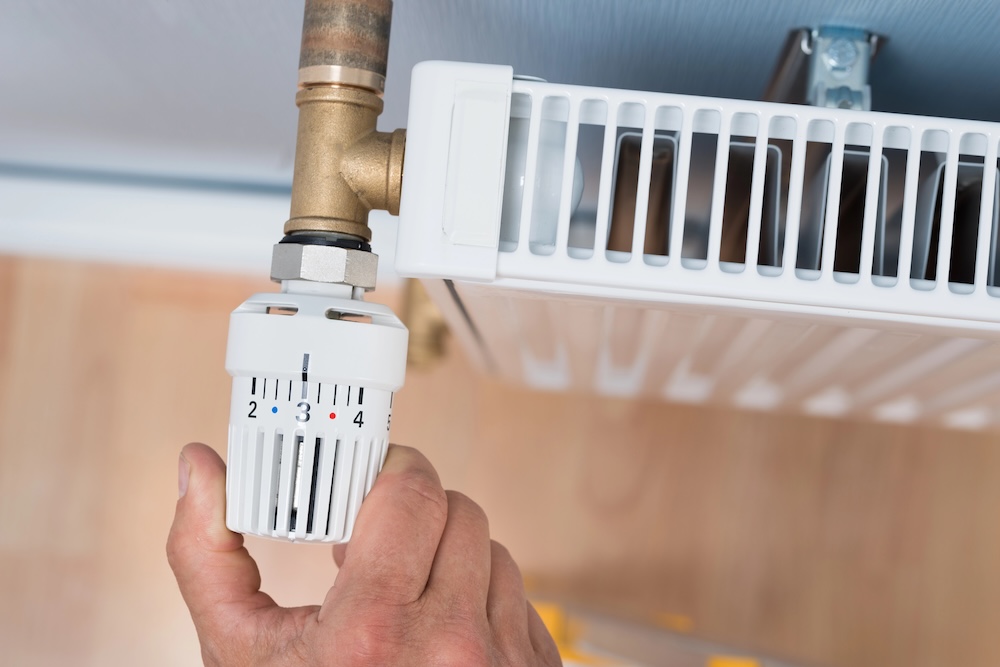Partner content
Dutch households pay higher energy bills than their neighbours

Dutch households face the highest gas bills in Europe after Sweden, with average annual costs reaching €1,801, according to an analysis by comparison website Energievergelijk.nl.
The research, based on the European Household Energy Price Index (HEPI) for August, found that the average Dutch bill is almost €750 higher than in Germany and around €450 more than in Belgium.
Only Sweden comes out more expensive in the comparison of 33 European countries. But with just 77,000 households connected to the grid, mainly around Stockholm, its gas market is considered too small and isolated to be comparable.
For a larger market, the analysis concludes, gas in the Netherlands is effectively the most expensive in Europe. Even when adjusted for spending power, the Netherlands still ranks third, behind Portugal and Sweden.
Taxes drive up the bill
The main factor behind the high prices is taxation. Of the average Dutch gas price of €1.274 per m³ in September, nearly two-thirds – about 80 cents per cubic metre – consists of energy and value added tax.
For an average household using 2,420 kWh of electricity and 1,020 m³ of gas, €639 of the bill consists of taxes.
“People who use a lot or live in poorly insulated homes are heavily affected by energy tax,” Koen Kuijper of Energievergelijk.nl said. “In the Netherlands gas is taxed much more than electricity. Yet low income households, including many tenants, are not able to switch to more sustainable options or stop using gas altogether.”
Switch away from gas
The higher tax on gas is part of government policy to encourage people to switch away from gas and focus on more sustainable energy sources. And households that rely solely on electricity pay much lower energy taxes.
A household consuming 5,000 kWh of electricity per year pays just €209 in energy tax – less than a third of the average bill for households using both gas and electricity.
While Dutch gas is among the most expensive in Europe, electricity is relatively affordable. Dutch households paid an average of 25.4 cents per kWh in August, including taxes and grid fees. That is lower than in Belgium (around 36 cents) and far below Germany, where prices averaged 41 cents. Only France, at about 28 cents, came close to the Dutch level.
Information in English
The lower electricity cost in the Netherlands is mainly due to a substantial government rebate on electricity bills – currently €635 – which keeps the effective kWh price down, Kuipers said.
Another way to keep your energy bills as low as possible is to use a price comparison website like Energievergelijk.nl, which offers information in English, and can help you find the best provider to meet your particular needs.
Thank you for donating to DutchNews.nl.
We could not provide the Dutch News service, and keep it free of charge, without the generous support of our readers. Your donations allow us to report on issues you tell us matter, and provide you with a summary of the most important Dutch news each day.
Make a donation